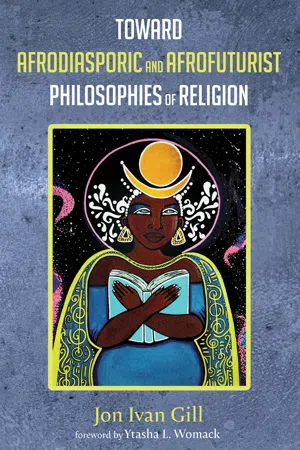![]()
Dray Densen
Transing Southern Cartographies: An Incommensurable Win
Black Christian Theology and the Blackness of Gender
introduction to an intervention
A comprehensive November 2017 survey by the Human Rights Campaign and the Trans People of Color Coalition finds that eighty-eight of at least 102 victims of fatal anti-trans and transmisogynist violence between 2013 to mid-November 2017 were women; eighty-seven were trans people of color (TPOC), and of those eighty-seven lives, at least seventy-five were Black. These identities clearly intersect: of the known twenty-eight trans lives lost in 2017, twenty-one were Black transgender people, and of those, at least twenty were known and self-identifying Black trans-feminine people or trans women. The reports, by nature of circumstances, cannot or cannot yet count all victims of fatal trans-antagonism due to misgendering by family, state forces, and presently undiscovered violence.
There must be specific attention to, and alarm in, the South: the 2017 Human Rights Campaign (HRC) and the Transgender People of Color Coalition (TPOCC) report identifies the South as the space wherein 55 percent of trans murders were committed, “including 16 of the 25 victims reported so far in [November] 2017.” Violence against Black trans people, especially Black trans women and femmes, is endemic; the fact of Black trans death being majorly situated within the South is no footnote, and from this epidemic arises a need for mappings, interrogations, and contestations of the necropolitical systems/apparatuses that produce Black trans death.
In his seminal text, a Black Theology of Liberation, departed ancestor James Cone leads with this: “There can be no Christian ideology that is not identified unreservedly with those who are humiliated and abused.” Cone dedicated his life, body, and energy to not simply inscribing Christianity and Christian theology with Blackness, but by emphasizing that God himself is Black. He makes clear that those aligned with Christian theology must be aligned with the obliteration of whiteness, the affirmation of Blackness, and the obliteration of all oppressive entanglements related to racial capitalism and systems of anti-Blackness. He emphasizes that, “anyone who claims to be fighting against the problem of oppression and does not analyze the exploitive role of capitalism is either naive or an agent of the enemies of freedom.”
Published by Orbis Books in 1970, A Black Theology of Liberation emerges as a powerful and meditative text on the conditions of possibility for Black bodies on Earth, and for theology as a vehicle for change only when it its imbued within Blackness and Black liberation. In a May 2008 interview with Michael Powell of the New York Times, Cone described, allow[ing] himself a chuckle, [that] “[One] might say we took our Christianity from Martin and our emphasis on Blackness from Malcolm.” His proximity to Malcolm’s fiery polemics, and his mandate of Black liberation, are inalienable. In the preface to the 1986 edition of A Black Theology of Liberation, Cone describes his urgency in producing his text in the nexus of the Civil Rights Movement that led to the rise of the Black Power Movement in the 1970s and 80s. Cone remembers:
Cone brilliantly rails against, as he later terms, conservative and passive acceptance of white supremacy, as articulated by many Black preachers in the time preceding and during his writing, and violent shows of power by white bodies. The first few pages of Cone’s text contain an indictment of the violence of white theology and its intentional failings of Black bodies, of the ways in which it has assisted in the bondage of Black bodies: “Throughout the history of this country, from the Puritans to the death-of-God theologians, the theological problems treated in white churches and theological schools are defined in such a manner that they are unrelated to the problem of being Black in a white, racist society.”
In a passionate language that hopes to spark Black revelation itself, Cone protests the total obfuscation of anti-Blackness, racial capitalism, and colonialism that allowed white theology power over Black bodies:
In the text, Cone does not censor himself—and rightly so—and in keeping the fullness of his language, which is laden with terms that white bodies could consider derogatory, he positions his work as fully and unabashedly committed to the freeing of Black bodies from systemic and theological chains that are tethered to the structure of whiteness. Cone grounds his work in materiality, reminding that “[a]lthough God is the intended subject of theology, God does not do theology. Human beings do theology.” He disrupts the colonial tradition of white slaveholders, theologians, and white bodies in general that includes the practice of distancing violence enacted against Black and brown bodies as “God’s will.” White bodies have actively constructed systems of white theology that have and were designed to delimit the movement of Black bodies, which he argues Black bodies can and must attempt to disrupt for their survival and at the recognition of their beauty.
Cone also indicts white theologians’ emphasis on peace as a means of condemning and attempting to assuage Black rage and revolution. Writes Cone:
